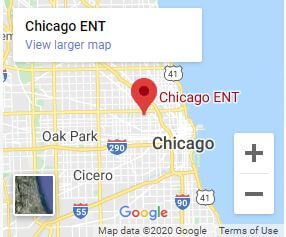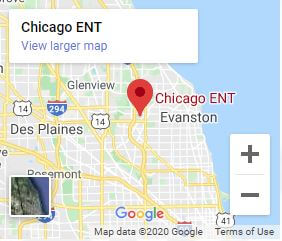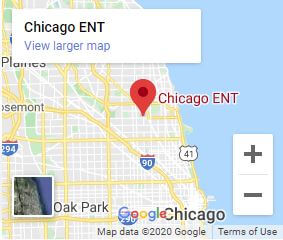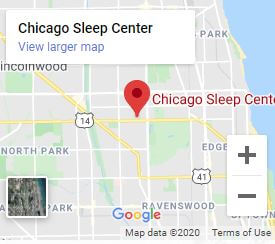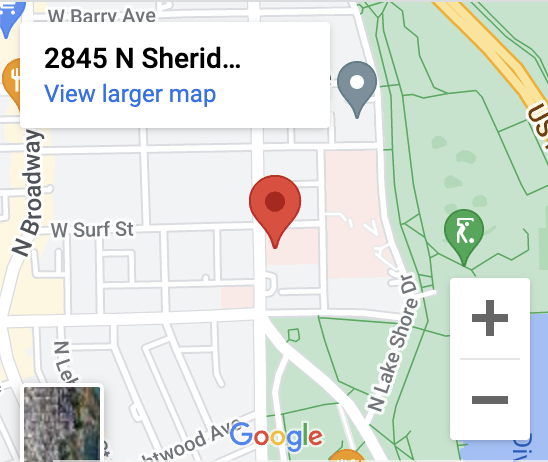Sinus & allergies
What is sinusitis and how is it treated?
Sinusitis is an inflammation of the sinuses, which may or may not be due to infection and can occur in any of the sinuses. Patients usually feel a combination of pain, pressure or headache. Sinusitis can be acute or chronic—if it’s acute sinusitis, it can usually be treated with medication.
When is sinus surgery necessary?
Sinus surgery is often necessary when a person with sinusitis does not get better after trying medication or other treatments.
What is tonsillitis and what are its symptoms?
Tonsillitis is an infection of the tonsils. Symptoms of tonsillitis include severe sore throat, difficulty swallowing, headache, fever, and chills.
What is an allergy?
An allergy is an abnormally high sensitivity to a certain substance, such as dust, pollens, foods, pet dander, or drugs. Symptoms of allergies usually include inflammation, sneezing, itching, and skin rashes.
What causes an allergy?
An allergic reaction occurs when your immune system reacts to a foreign substance from the outside world. When your immune system mistakes these normally harmless foreign substances as dangerous invaders, your body sends out antibodies to attack them.
What are the most common allergens?
The most common allergens include dust mites, molds, pollens, animal dander, cockroaches, peanuts, milk, eggs, latex, and penicillin. The dust mite is the most common cause of allergies.
How are allergies diagnosed?
At Chicago ENT, an allergist or immunologist can diagnose your allergies using allergy skin tests. This test indicates if your immune system reacts to specific allergens.
How are allergies treated?
Allergies can be treated with medicine that alleviates symptoms, or with immunotherapy (allergy shots) that desensitize the patient to specific allergens. However, the best method of treating allergies is allergen avoidance. If you’re allergic to dust mites, for instance, your most effective path to wellness would be to eliminate the dust mites from your home.
What are Chicago ENT’s Shot Clinic Hours?
To view the most up to date Shot Clinic information, please CLICK HERE.
How many people have allergies?
Allergies are common. Over 50 million Americans suffer from allergies, and approximately 55% of all U.S. citizens test positive to one or more allergens.
Are allergies inherited?
Usually. There is a genetic factor in the development of allergic disease. If one parent has an allergic disease, the estimated risk of a child to develop allergies is 48%; if both parents have a history of allergies, the child’s estimated risk grows to 70%.
What is “allergy season”?
When most people talk about “allergy season,” they’re referring to springtime, when plants bloom and tree pollen counts soar. People with seasonal allergic rhinitis (hay fever) only experience symptoms during the time of year when certain allergens are in the outdoor air. However, summer is the season for grass and weed pollen allergies, and autumn is the time for ragweed and mold allergies. Perennial allergies, or year-round allergies, are typically caused by indoor allergies to dust mites, mold, cockroaches, and pet dander.
Can an adult develop allergies later in life?
Yes. Allergic reactions can develop at any age, no matter how old you are. If your total allergen load reaches its maximum point, then you will develop allergies. The peak age of allergy development, however, appears to be in the late teens.
What is the best treatment for allergies?
Allergen avoidance is the best treatment for any allergic disease. Avoid the allergen and you’ll avoid the allergic reaction. Diagnosis and education are crucial steps in allergen avoidance.











